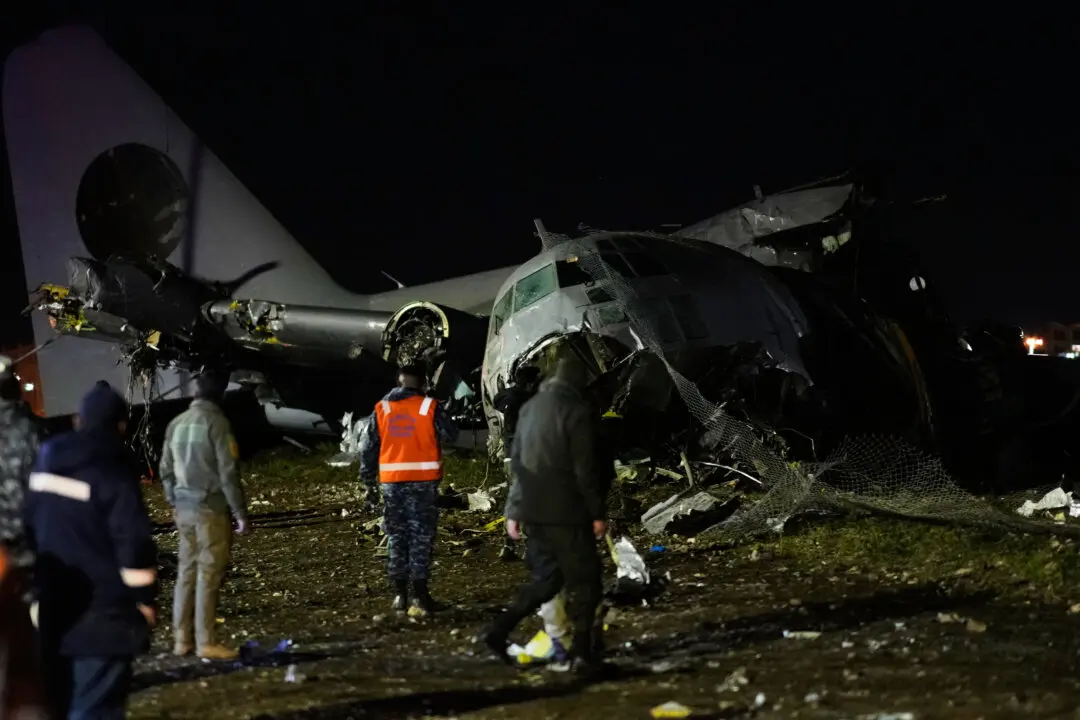NEW YORK—President Donald Trump on Wednesday boosted U.S. humanitarian aid funding to Venezuela and barred members of the Maduro regime from entering the United States. Trump also reinforced his support for Venezuela’s elected head of the National Assembly Juan Guaidó on Wednesday, praising Latin American leaders who back him.
In a meeting on the sidelines of the annual United Nations gathering of world leaders, Trump told Latin American presidents who recognize Guaidó as Venezuela’s rightful president that they were part of a “historic coalition.”





